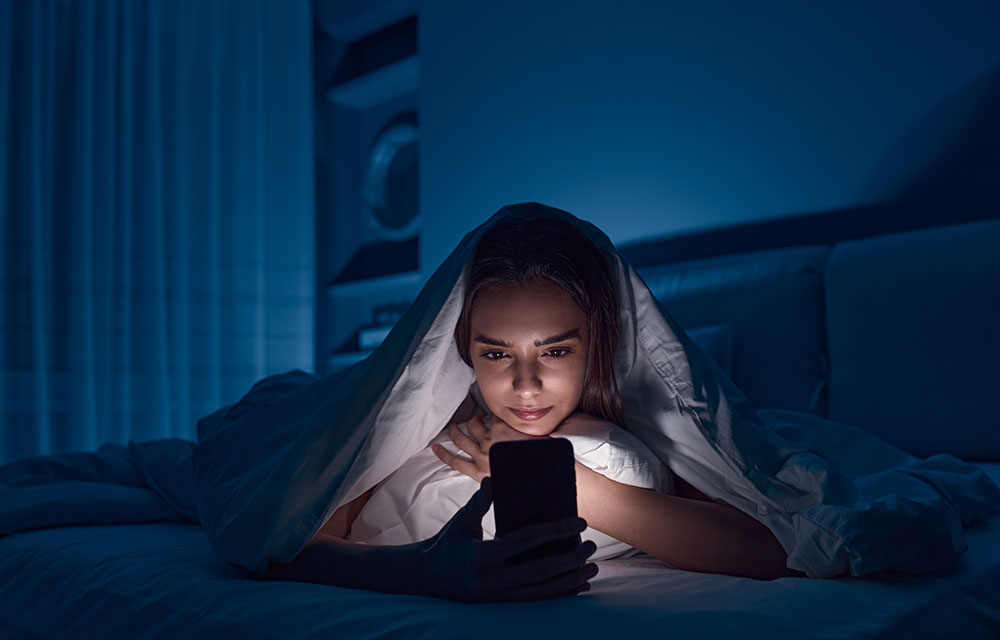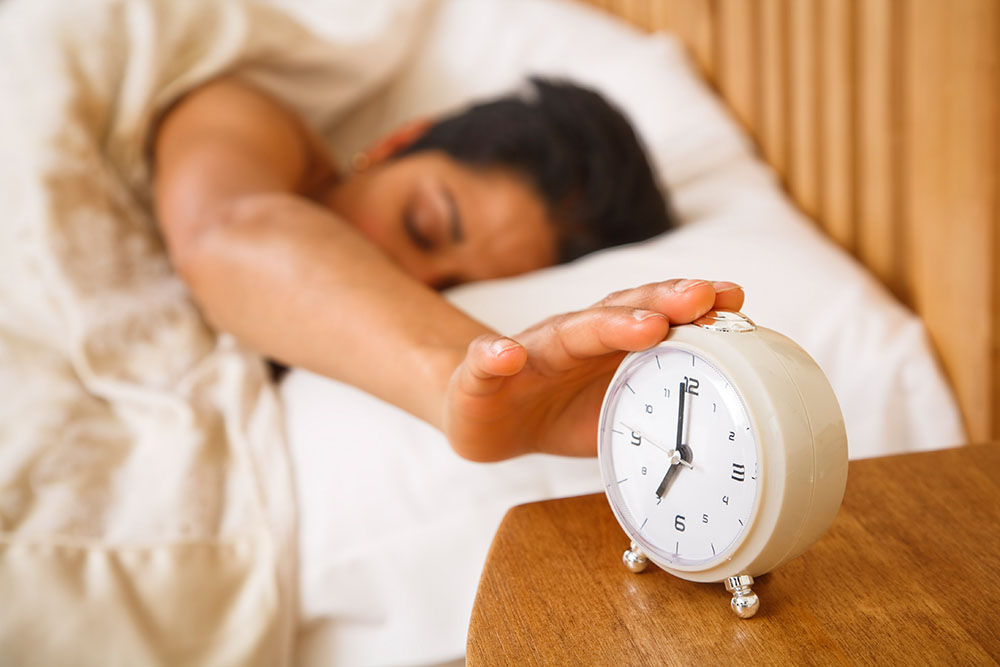In this digital age, our world revolves around multiple screens. We feel helpless if we step out without our mobile phone on us. These days, forgetting one’s wallet at home leaves one less unperturbed compared to forgetting or misplacing a mobile phone. What is one supposed to do? What should one mindlessly stare at?

While it is far easier to limit screen time for kids, what about screen time for adults? Right from communication, hobbies, social interactions to work, everything involves a screen. It’s not practical for most adults to limit screen time, as for many of us, that’s our means to work. Excessive screen time also poses potential negative health effects, including insomnia, reduced physical activity, eye strain, and headaches, neck, shoulder and back pains.
Instead of wondering if we’re spending too much time in front of our screens, we should be questioning ourselves: How is screen time affecting our life and relationships? It is essential to find a balance between life and technology and develop a healthy relationship with the screens in our life.
Notifications off
Make use of the built-in do-not-disturb feature to limit the alerts and avoid unnecessary screen time. Keep work apps off your personal devices to avoid checking mails and messages post work. There are a few habit tracker apps in our phones that analyse and compare our phone usage, week on week.
Implement the Pomodoro technique
It is a time management method that involves 20-50 minutes of focussed work followed by a short break. This technique can be implemented with your leisure screen time as well.
Phones off the dining table
Eating your meals while also engaging with your screen may make you overindulge and interfere with your ability to be present in the moment.

Put away your phone before bed
The bedroom is exclusively reserved to relax, unwind from the day’s weariness and fall into a deep slumber. Getting the phone to the bedroom not only disrupts your sleep with constant pop-ups and alerts, but also bombards you with a bunch of notifications, once you are awake in the morning. Try using an alarm clock instead of the phone alarm so that it can be conveniently kept out of the bedroom.
If you notice that any of your regular activities have been displaced by screen time, it may be a sign to reconsider its usage and if it borders on a potential behavioural addiction, it is advisable to seek a professional’s help.